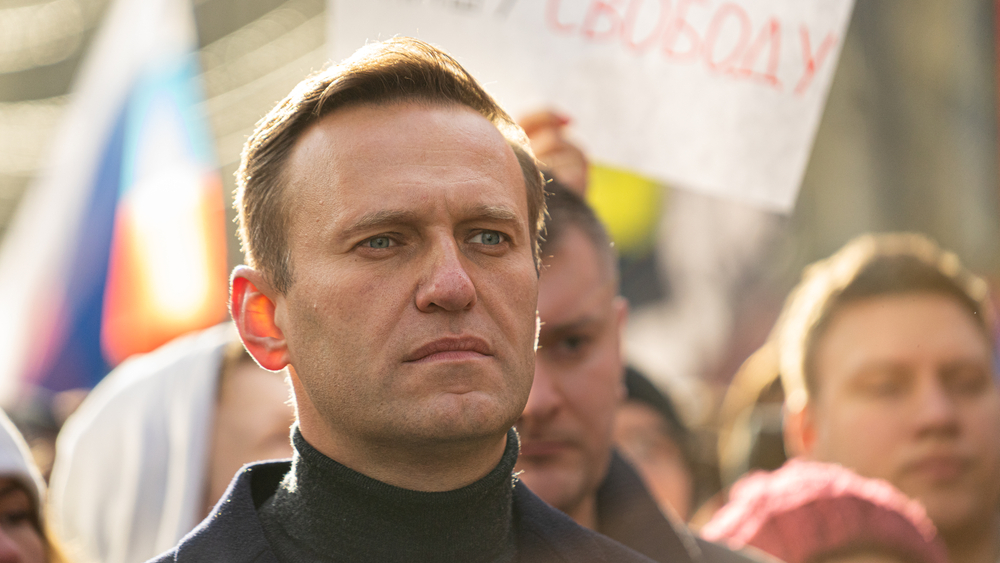A Russian agent exchanged in a historic prisoner swap has been revealed to have spied on opposition leader Alexey Navalny.
Others are reading now
A Russian foreign intelligence agent, recently swapped in a major prisoner exchange between Russia and the West, has been revealed as having spied on the late Russian opposition leader Alexey Navalny, El Mundo reported.
The agent is known publicly as Pablo González.
He worked for Russia’s military intelligence agency (GRU) while posing as a journalist, according to findings from a Polish investigation.
Espionage Tied to Navalny
Polish intelligence believes González met Navalny at least twice in Europe while supposedly working for a Basque newspaper.
Also read
One of these meetings took place in Barcelona, where Navalny was recovering after being doused with green dye in 2017.
The investigation suggests González was conducting surveillance on Navalny, passing along information to the GRU.
The agent is also suspected of sharing WiFi passwords from venues where Russian opposition figures met, allowing Russian intelligence to potentially hack their communications.
Navalny was a leading critic of Russian President Vladimir Putin. He died in February in a penal colony under suspicious circumstances, following years of harassment, including a poisoning attempt.
Arrest and Hidden Identity
González was arrested in Poland in February 2022 on espionage charges. He had been under suspicion for some time.
It has now emerged that he was likely embedded in the entourage of Zhanna Nemtsova, daughter of the slain opposition politician Boris Nemtsov. This connection suggests González’s surveillance activities went beyond Navalny, extending to other prominent opposition figures.
Born Pavel Rubtsov to a Russian father and Spanish mother in the USSR, González moved to Spain in the late 1980s with his mother, who changed his name to Pablo González Yagüe. He had been working as a journalist but was believed to be using his role as a cover for his intelligence work.
Ukrainian Interrogation
Just before the Russian invasion of Ukraine in 2022, González was in eastern Ukraine reporting when he was summoned by Ukrainian intelligence for questioning, due to suspicions of “pro-Russian bias.”
Although he was released after interrogation, González was arrested shortly after attempting to re-enter Ukraine via Poland, where he was detained on espionage charges.

